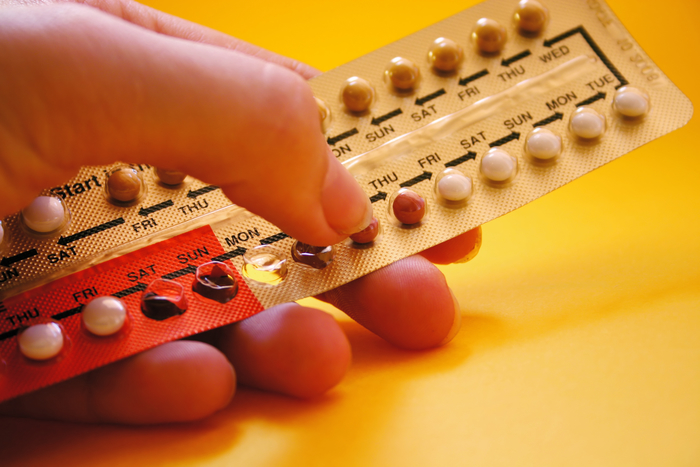It has appeared on shelves alongside drinks, snacks, and condoms, breaking through a cultural barrier that once seemed unbreakable. The morning-after pill is finally stepping out of the shadows of pharmacies to become an essential item, available 24 hours a day in convenience stores, gas stations, and shops open around the clock.
Like a quart of milk or a pack of gum, you can now purchase emergency contraception simply and discreetly, without having to face prying eyes or bureaucratic obstacles.
Leading this change is Cadence, a company based in Oakland, California, which has launched its “Morning After” pill in stores across the United States. Since introduced in Texas in March 2024, the product has reached over 11,000 outlets in 48 states, with only Hawaii and South Dakota remaining as holdouts. The company’s plan is clear and straightforward: to make the product available wherever condoms are sold.
In fact, while one-third of male condoms are purchased in stores, female contraceptive methods remain confined behind a counter. The morning after pill, which works by delaying ovulation if taken within 72 hours of unprotected intercourse, is safe and effective, not abortive nor harmful to fertility, yet it continues to be surrounded by prejudice.
According to research, many women do not even know it can be purchased without a prescription. In states where abortion is banned, such as, Texas or Tennessee, one in two women mistakenly believes the drug is illegal. Making matters worse are disinformation campaigns promoted by conservative religious groups, which misleadingly portray it.
The legislative landscape, following the Supreme Court’s overturning of federal abortion rights, has made access to reproductive services more complicated in many areas. Clinics that also provided contraceptives have been forced to close, leaving young women without support. In this context, accessibility becomes crucial.
Cadence has recognized this need and focused on distribution in convenience stores, accessible 24/7, overcoming not only physical barriers but also social and psychological ones. The data is clear: online searches for emergency contraception increase during the night, when pharmacies are closed but 7-Eleven stores remain open.
Costs also play an important role. While products like Plan B One Step can exceed $50 per package, the pharmaceutical company has chosen a mid-range price of $25, calibrated based on a consumer behavior study: below $15, women doubted the effectiveness; above $30, it became too expensive.
Barriers remain, especially for young girls who often face fears related to privacy, lack of transportation, insurance coverage, or local availability. The battle, therefore, is not only medical or legal but also cultural.
Making contraception visible, normal, and everyday is a step toward destigmatizing women’s sexual health. According to Cadence’s leadership, the product could soon be available in vending machines and on college campuses.












